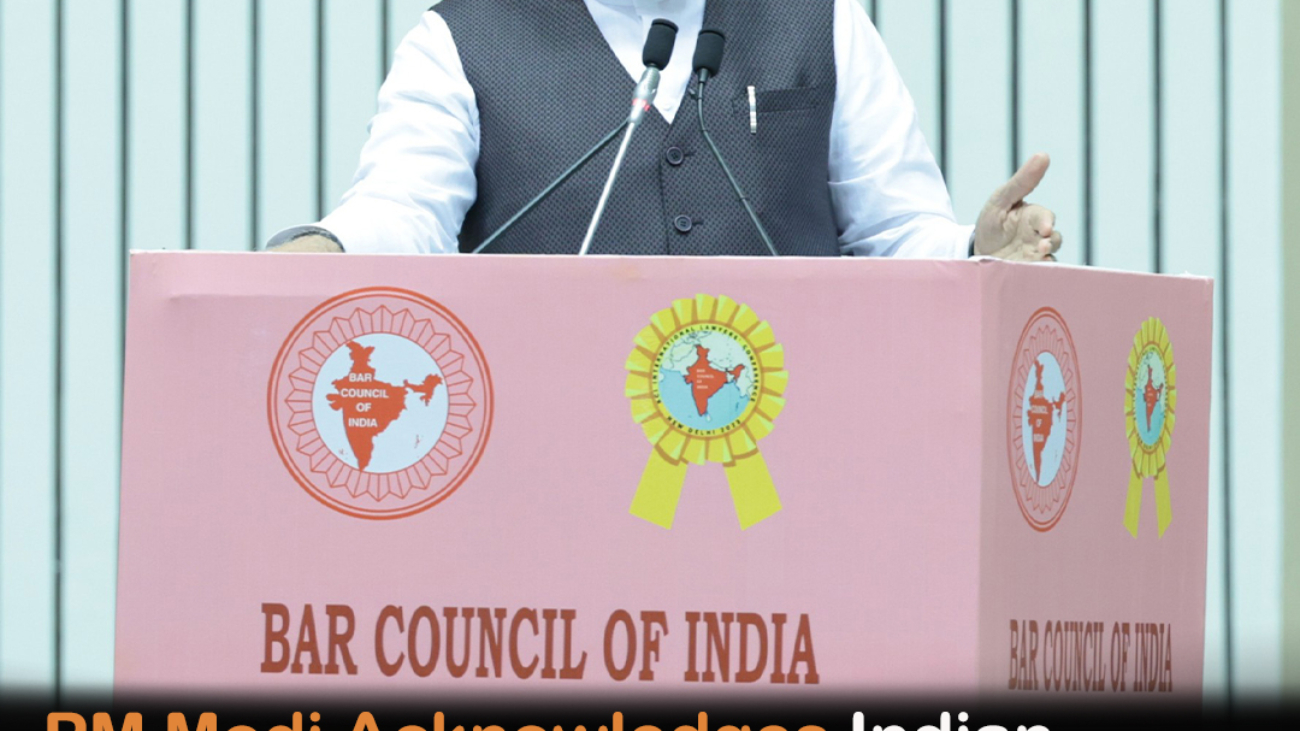
Exciting news emerged as Prime Minister Narendra Modi announced a substantial budget of Rs 800 crore dedicated to enhancing the Supreme Court. This revelation unfolded during the 75th celebration of the Supreme Court’s journey.
PM Modi underlined the government’s strong commitment to upgrading court infrastructure, recognizing the challenges faced by lawyers and litigants. The substantial budget allocation is intended not only for expanding the Supreme Court but also for improving overall facilities.
In a light-hearted manner, PM Modi expressed hope that this investment would not face the same criticism as the Central Vista project. He emphasized that the government is not only focusing on improving daily life but also collaborating with the Supreme Court to make the pursuit of justice more accessible.
Expanding the Supreme Court: A Quick Overview
The Supreme Court of India commenced its journey in the Parliament building on January 28, 1950, due to the absence of a dedicated space. The original plan included a Chief Justice of India and seven judges, with flexibility for Parliament to increase this number. Over time, the number of judges has expanded to 34 as of 2019.
New Initiatives Unveiled During the Celebration
Beyond the budget announcement, PM Modi introduced several initiatives during the celebration. Notably, a new website for the Supreme Court was launched, aligning with the government’s digital initiatives. Chief Justice of India DY Chandrachud received commendation for his efforts to digitize court processes.
CJI Chandrachud shared plans to shift the Supreme Court’s digital data to a cloud-based infrastructure for improved management. Additionally, he announced the creation of a ‘war room’ equipped with technology to monitor judicial data in real-time across the country.
Addressing Challenges: Holidays, Pending Cases, and Inclusivity
CJI Chandrachud addressed the issue of court vacations, suggesting a need to shorten them to tackle the growing backlog of cases. He urged the legal community to maintain professionalism and avoid unnecessary delays in judicial outcomes.
Law Minister Arjun Ram Meghwal highlighted the increasing representation of women in the judiciary and the government’s commitment to improving judicial infrastructure. Programs aimed at raising awareness among underprivileged citizens and leveraging artificial intelligence to overcome language barriers are underway.
Bar Council of India chairman Manan Kumar Mishra acknowledged the backlog of cases and stressed the necessity for more judges. He also clarified that decisions on case listings are primarily at the Chief Justice’s discretion.
Justice Sanjeev Khanna emphasized the need to address the rising cost of litigation, pointing out the expenses associated with court hearings and delays. He advocated for the adoption of technology to make the legal process more citizen-driven and cost-effective.
In summary, the substantial budget allocation for Supreme Court expansion, coupled with the introduction of digital initiatives, reflects a collaborative effort between the government and the judiciary to enhance the accessibility and efficiency of the legal system. These measures aim to tackle longstanding challenges and introduce a more modern and effective approach to justice.

 Cart is empty
Cart is empty 
 Prime Minister Narendra Modi emphasized the significance of a robust, independent judiciary in India during an International Lawyers Conference hosted by the Bar Council of India. He highlighted that India’s judiciary has consistently upheld the rule of law and played a critical role in the nation’s development. Chief Justice of India DY Chandrachud praised the Supreme Court for making judgments available in regional languages. PM Modi expressed his commitment to presenting laws in both legal and layperson language to enhance accessibility and understanding. He also acknowledged the pivotal role lawyers played in India’s struggle for independence and hoped the conference would raise awareness of legal rights.
Prime Minister Narendra Modi emphasized the significance of a robust, independent judiciary in India during an International Lawyers Conference hosted by the Bar Council of India. He highlighted that India’s judiciary has consistently upheld the rule of law and played a critical role in the nation’s development. Chief Justice of India DY Chandrachud praised the Supreme Court for making judgments available in regional languages. PM Modi expressed his commitment to presenting laws in both legal and layperson language to enhance accessibility and understanding. He also acknowledged the pivotal role lawyers played in India’s struggle for independence and hoped the conference would raise awareness of legal rights.